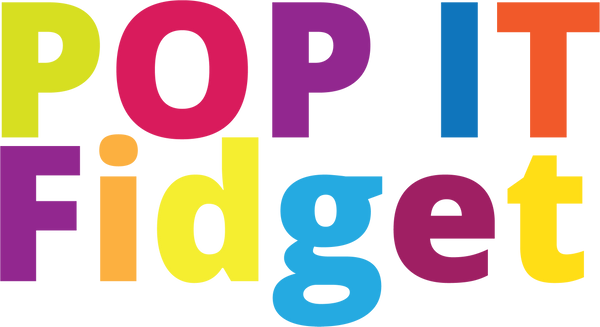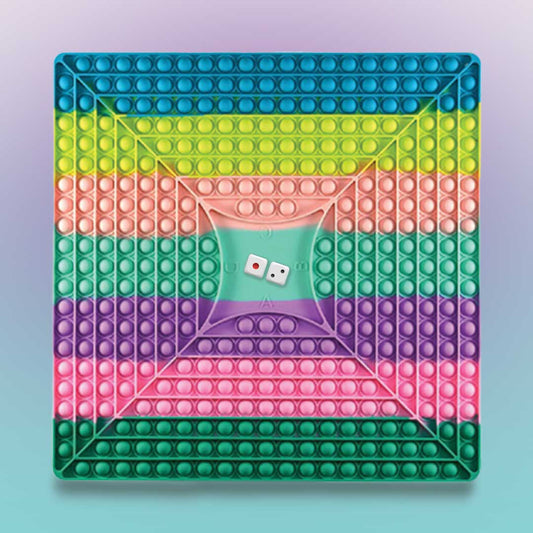The Shocking Truth About Pottery Barn Kids: Secrets Revealed!
Pottery Barn Kids, a subsidiary of the renowned home furnishings brand Pottery Barn, has long been a staple in the world of children's home decor and furniture. Known for its stylish, eco-conscious, and high-quality products, the brand has built a reputation for excellence since its inception in 1999. However, beneath the polished exterior lies a series of controversies, consumer complaints, and business practices that have raised eyebrows. This report delves into the untold truths about Pottery Barn Kids, revealing the secrets that the brand might prefer to keep under wraps.
History and Market Positioning
Pottery Barn Kids was introduced in 1999 by two mothers who aimed to provide safe and comfortable furniture for parents designing their children's rooms. The brand quickly gained popularity and now operates over 90 brick-and-mortar stores across the United States and abroad. Pottery Barn Kids is part of the Williams-Sonoma, Inc. portfolio, which also includes Pottery Barn, Pottery Barn Teen, and other well-known brands (Top Consumer Reviews).
The brand's mission is to bring quality design, sustainability, and safety into every family's home. Products are rigorously tested to meet the highest child safety standards and are crafted from the best materials to last beyond childhood years (Finance Yahoo).
Controversies and Consumer Complaints
Boycott Over Transgender Book Reading
One of the most significant controversies surrounding Pottery Barn Kids occurred in June 2024, when the brand faced boycott calls from conservative customers. The backlash was triggered by a virtual reading of the children's book "I Am Jazz," written by transgender activist Jazz Jennings, on the Pottery Barn Kids social media page. The book tells the real-life story of Jennings, who was assigned male at birth and diagnosed with gender dysphoria at four years old. The event aimed to promote inclusivity and support for transgender children but instead ignited a culture war, with many conservative customers expressing their disapproval and vowing to boycott the brand (Newsweek).
Deceptive Advertising Practices
In 2020, Pottery Barn Kids' parent company, Williams-Sonoma, faced legal action for misleading "Made in the USA" claims. The Federal Trade Commission (FTC) reached a settlement with the company, which agreed to pay $1 million to resolve the deceptive advertising lawsuit. The investigation revealed that several Williams-Sonoma websites, including Pottery Barn Kids, marketed products as made in the USA when they were either imported or made with imported materials (Truth in Advertising).
Customer Service Issues
Pottery Barn Kids has also faced numerous complaints regarding its customer service and order fulfillment. On Trustpilot, the brand has a dismal rating of 1.3 out of 5 stars, with 93% of the reviews being one-star. Common complaints include delayed shipments, backordered items without notification, and poor communication from customer service representatives. One customer recounted a frustrating experience where Easter baskets were backordered until October, leaving them with unusable basket liners and no recourse for a timely return (Trustpilot).
Security Concerns
In addition to customer service issues, Pottery Barn Kids has faced criticism for its online security practices. A customer reported that their credit card information was hacked after making a purchase on the Pottery Barn Kids website, resulting in unauthorized charges totaling $11,000. This incident highlights potential vulnerabilities in the brand's e-commerce platform and raises concerns about the safety of customers' personal and financial information (Trustpilot).
Business Practices and Collaborations
Despite these controversies, Pottery Barn Kids continues to innovate and expand its product offerings through strategic collaborations. In June 2024, the brand launched a whimsical collection in partnership with Roller Rabbit, featuring vibrant prints and designs for children and teens. This collaboration aimed to bring joy and happiness to home furnishings, from nurseries to dorm rooms (Forbes).
Pottery Barn Kids has also partnered with other well-known brands, such as Lilly Pulitzer, to create exclusive collections that blend style and functionality. The Lilly Pulitzer collaboration, which began in 2018, features outdoor accessories, bedding, and decor with the brand's signature sunny and optimistic aesthetic. These collections are crafted with sustainably made materials designed to last, furthering Pottery Barn Kids' commitment to eco-friendly practices (Finance Yahoo).
Sustainability and Ethical Practices
Pottery Barn Kids prides itself on its commitment to sustainability and ethical business practices. Many of the brand's products are Greenguard certified, meaning they emit lower levels of formaldehyde and other harmful chemicals, contributing to healthier indoor air quality. Additionally, the brand participates in initiatives such as planting a tree for every purchase, furthering its environmental impact (Top Consumer Reviews).
However, the deceptive advertising lawsuit mentioned earlier casts a shadow on the brand's ethical claims. The misleading "Made in the USA" marketing practices undermine consumer trust and raise questions about the authenticity of the brand's sustainability efforts (Truth in Advertising).
Customer Reviews and Brand Perception
Pottery Barn Kids has a mixed reputation among consumers. On one hand, the brand is highly popular and ranks as the top-performing baby store in its category, according to Knoji. The brand's overall score of 4.5 out of 5 stars is based on customer ratings, brand popularity, price competitiveness, and the breadth and quality of features offered.
On the other hand, the negative reviews on platforms like Trustpilot paint a different picture. The low rating and numerous complaints about customer service, order fulfillment, and online security suggest that the brand has significant areas for improvement. These issues can erode customer loyalty and damage the brand's long-term reputation.
Conclusion
Pottery Barn Kids is a brand that has achieved significant success in the children's home furnishings market, thanks to its stylish designs, commitment to sustainability, and strategic collaborations. However, the brand's reputation is marred by controversies, deceptive advertising practices, and numerous customer complaints. The boycott over the transgender book reading, the misleading "Made in the USA" claims, and the poor customer service experiences highlight the challenges Pottery Barn Kids faces in maintaining consumer trust and satisfaction.
As the brand continues to navigate these issues, it must prioritize transparency, improve its customer service, and ensure the security of its e-commerce platform. By addressing these concerns, Pottery Barn Kids can rebuild its reputation and continue to provide high-quality, eco-conscious products for families around the world.





